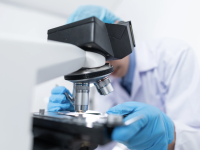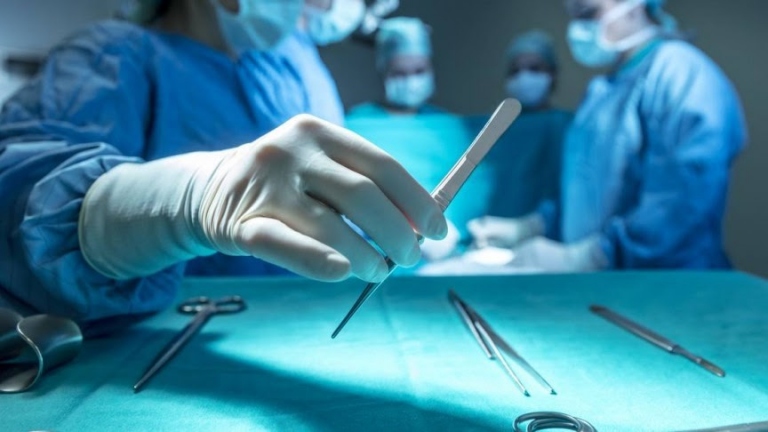No matter what disease treatment you are getting, surgery is surgery. Whether it’s minimally invasive surgery or bypass surgery, standard surgical protocols exist. These surgical practices can be sorted into pre and post-surgical SOP’s.
For a patient, both these time frames are of utmost importance. A patient is usually concerned about the surgery and post-surgical recovery. Recovery time and the pace of recovery can be variable for people and depends upon many important factors.
Due to all these reasons, the choice of a qualified, skilled and professional surgeon is important. One should consider many aspects before choosing a surgeon. My father went through gastric surgery and remember before choosing a surgeon, he visited many best surgeons in Peshawar to make an informed decision regarding the choice of a surgeon.
Dos and Don’ts After Surgery
Irrespective of what surgical procedure you are going through, there are certain dos and don’ts of a surgical procedure that determine our pace of recovery after going through the surgery.
Dos after surgery
Some of the dos after surgery include;
1- Ensure good hygienic practices
After any surgical procedure, you will be having incisions and wounds. It is recommended to wash and clean your wounds and drain the sites. Don’t over cover the incisions because it will be damaging your wounds. Good hygienic practices will protect your wounds and keep the infections at bay.
2- Do physical activity
Understandably, you have pain and your wounds still hurt, but not having enough mobility can be harmful to you. Based on how you feel, try to walk as much as possible and gradually increase this duration. This will help resume mobility after a surgical procedure and your recovery period will be reduced.
3- Focus on your diet
After surgery, you are more likely to experience unintended changes in your appetite. You may not find yourself willing to consume food but remember the food you eat can significantly affect your post-surgical recovery. Add the healthy food to your diet and try to consume it in a smaller portion as the small portions will be easily digestible by your body.
4- Don’t skip your medications
Though food is the biggest medicine for your body, still the role of medicines can’t be replaced. If you are looking for a speedy recovery, it is recommended to consume your medications properly as instructed by the doctor. Post-surgical medications will relieve the pain and keep the infections away, thus ensuring a speedy recovery.
Don’ts after surgery
Here are the things you should avoid after going through a surgical procedure.
1- Switching to unhealthy eating habits
You might crave the junk after going through surgery but the unhealthy food will only intoxicate your body. It will not only keep your body deprived of essential nutrients but also fuel your body with toxic foods.
2- Doing intense physical activity
No matter how badly you want to resume your routine activities, particularly physical ones, but don’t do it immediately. Try slow walking and that too for a few minutes and gradually resume your physical activity. Intense physical activity can be harmful to you and may extend your recovery time up to several weeks.
My father went through surgery at northwest general hospital, one of the best health care facilities in Peshawar. His doctor gave him detailed instructions on resuming the physical activity and warned him of the consequences in advance.
3- Don’t start smoking
People who are regular smokers, find it hard to give up on smoking, but doing it immediately after going through surgery can be very harmful to you. Cigarette smoke can do long term damage to our health and you may not be able to see it immediately.
4- Don’t skip your follow-ups
Many people self-assume that they are feeling better after a few days of surgery. However, it is important to consider that you can’t make this decision alone and your physician is the one who can help you with it. No matter how better you feel, you must have follow up sessions with your surgeon so that you can make an informed decision about your health.


















